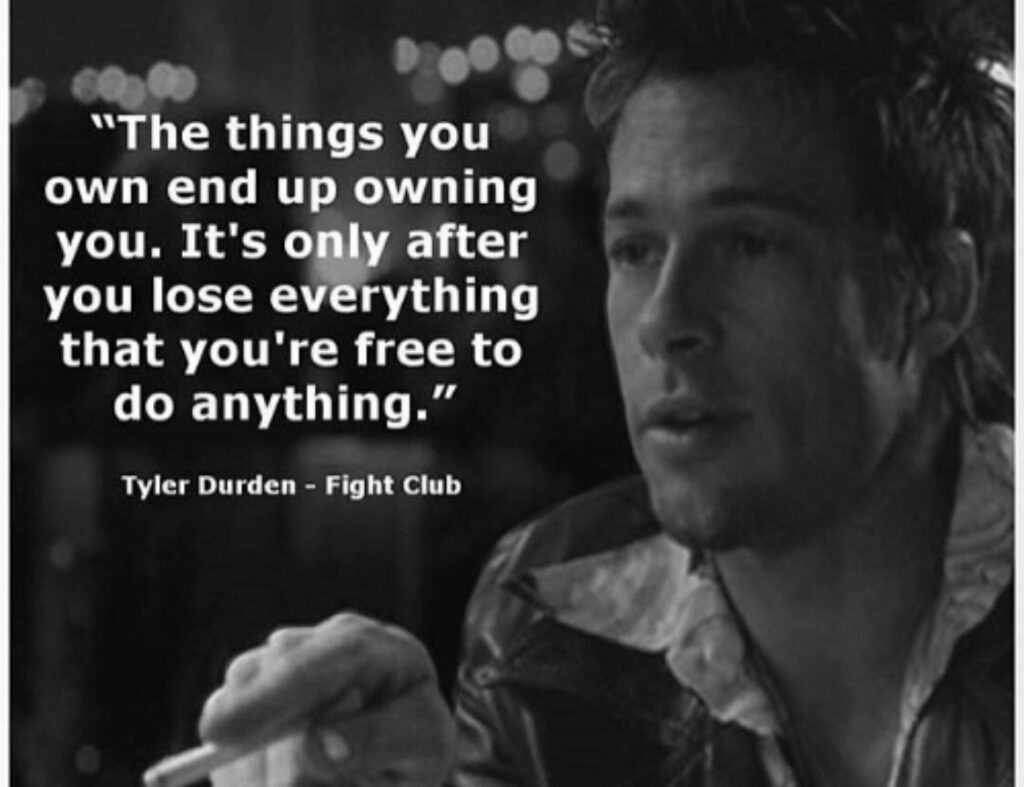Life is long if you know how to use it. ~Seneca
Even though we know that our time is limited, we live as if it isn’t. So time management is a huge step forward in being the most excellent version of yourself to achieve your ambitions or improve your quality of life. In this regard, Seneca’s wise insights highlight an enigma in our lives and serve as a compelling reminder to value time as our most important, finite resource.
Seneca is a fascinating ancient thinker like no other, who shared his wisdom on the value of time about thousand of years ago but is still unsurprisingly relevant for today’s age. So why not know about some of his worth mentioning ideas on fundamental principles of time, like, practising delayed gratification, valuing time over commodities, and starting living rather than just existing.
One Must Practice Delayed Gratification
Instant gratification is almost becoming a new normal. However, there will be circumstances when delayed gratification for the greater good is a viable option, and we should embrace it when it occurs.
“Putting things off is the biggest waste of life,” Seneca argues in On the Shortness of Life. It takes away each day as it comes and denies us the present by promising the future. Expectancy is the main barrier to life.

According to research, procrastination results from the continual conflict between our need for immediate satisfaction and our intentions for long-term goals. This phenomenon is known as Present Bias, wherein your brain sees two versions of yourself: the present and the future. When it’s time to act, your current self, who values instant gratification, conflicts with your future self – and triumphs most of the time. One of the most effective ways to address this problem is immediate rewards from long-term goals. For example, if you want to write more but through the process, you also like to do browsing online, you might plan to reward yourself with browsing the web only after writing a certain number of words each day.
Stop Existing, Start Living
You’ve probably heard the term carpe diem (seize the day) so many times that it’s become cliched, yet it was fresh and new when Seneca said it, and the reasons for doing so still apply to us today. Seneca’s use of this word implies that we may strive for a constantly unclear future. We tolerate low salaries or irregular hours for the time being in the hopes of receiving a promotion, which will provide us with all we want and allow us to be happy finally.
But here is another thing we need to consider, every one of us has our own set of desires. We may desire to unleash our full potential to achieve our dream career or to live in our dream home one day, but most of us don’t make it there, not because we can’t, but because we’re too busy paying the bills in a job we don’t appreciate. We convince ourselves that we are too busy to pursue essential things because we spend our days checking off meaningless activities that we don’t care about to maintain a life we don’t desire.
“So you must not think a man has lived long because he has white hair and wrinkles: he has not lived long but existed for a long time.”
Seneca
On The Shortness of Life, Seneca argues that too many exist rather than live. He claims that we allow the everyday grind to devour us. What would you do with additional time? What one aspect of your life would you change if you could? These questions will assist you in determining what you want and how to obtain it.
Value Time Over Possessions
“The things you own end up owning you.”― Fight Club.

In this age of materialism, acquiring possessions and luxury appears to be the ultimate purpose of most people’s lives. Still, Seneca believes that this would not always lead to happiness. Moreover, Seneca added that working for commodities that require increasing labour in maintenance, insurance, and other areas will not provide a fulfilling living.
“People are frugal in guarding their personal property, but as soon as it comes to squandering time, they are most wasteful of the one thing in which it is right to be stingy.” — Seneca.
We have a strong attachment to our wealth and how we spend it. But, in the grip of our desires, we forget that time is the one thing we can never get back. Why are we so eager to give up so much of our time to others when it is the most valuable and finite resource we possess?
Seneca claims that humans have a passive attitude toward time, prepared to consume it on pointless pursuits and that we may believe that time is limited while, in fact, “we are not ill-supplied but wasteful of it.” What is the solution? Treat time as the valuable resource that it is. We may do it by devoting quality time within ourselves and fulfilling it by achieving meaningful skill set knowledge.
To wrap it up, those who can embrace these principles to delay gratification choose mastery above mediocrity and narrow focus on what we genuinely appreciate while being true within ourselves. Therefore, if we can truly comprehend and value time over commodities, then I must say greatness is coming to us.










